Mozambique News Agency Director-General Jordão Muvale passes away aged 56
Watch: Enough with the Cabo Delgado theories, we need thick description – researcher
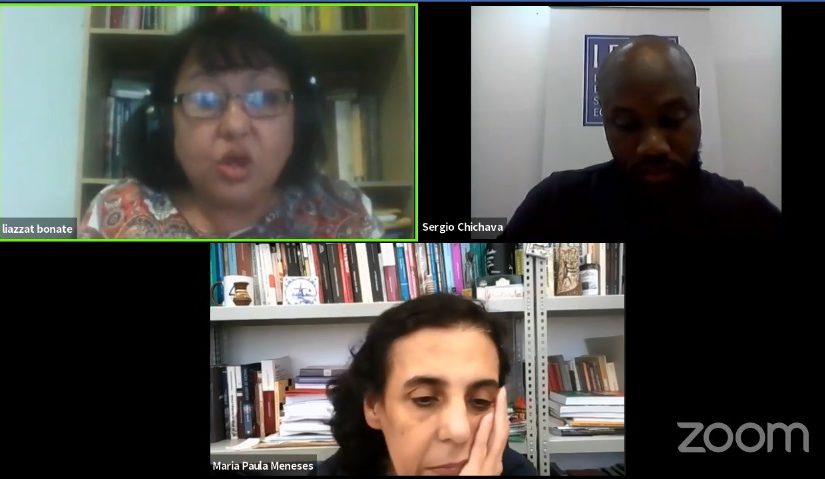
Professor Liazzat Bonate says that, almost three years after the beginning of armed violence in Mozambique, an “in-depth study” needs to be carried out into the origins of armed groups that have already killed at least 1,000 people in the north of the country.
“We have had abstract theories for three years now. But what we need is a thick description – dense, detailed, and with particulars – of the context of each of the individuals involved,” the Mozambican researcher at the University of the West Indies of Trinidad and Tobago says.
Liazzat Bonate is a professor of African History, with a PhD from the University of Cape Town, and has written several publications on Islam in Mozambique. She was speaking on Thursday at a webinar about the historical context of armed violence in Cabo Delgado.
“We don’t just want their names; we want to know what they did, where they studied, with whom and where they travelled, what their life path was like,” Bonate added.
The researcher says that there are young people who, at the end of the seventh year of schooling, receive scholarships for secondary education in Arab countries. From that point on, young people may or may not be radicalised, since they are exposed to dozens of other colleagues from different countries and realities.
Think “outside Maputo”
But this is not the only explanation of extremism and the use of violence. There are also local issues responsible for the conflict, with groups “hurt and wronged” in their own milieu.
Maria Paula Menezes, a Mozambican researcher at the Centre for Social Studies at the University of Coimbra, who participated in the same webinar, says that one must look into the supports [these groups might receive] starting from the places where people live in, and stop seeing Mozambicans as impoverished peasants without the intellectual capacity to perceive other worlds.
“If we see Mozambique from the North, the connections are to Tanzania and Zanzibar,” among other places, she said, “and when we carried out work on conflict resolution in the region we learned that the arbitrator was the Mufti of Comoros.”
There are other dimensions of belonging which make sense, and it is necessary to think “outside Maputo” if one wants to solve the problem of Cabo Delgado.
Cabo Delgado has, since October 2017, been the scene of actions by armed groups which, according to the United Nations, have forced the displacement of 250,000 people from districts affected by the violence in the north of the province.
The armed conflict there has already killed at least 1,000 people, with some of the actions claimed by the Islamic State jihadi group.


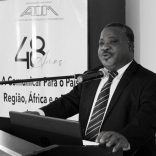


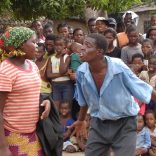
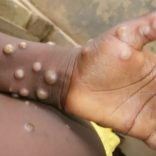
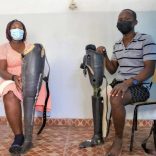




Leave a Reply
Be the First to Comment!
You must be logged in to post a comment.
You must be logged in to post a comment.